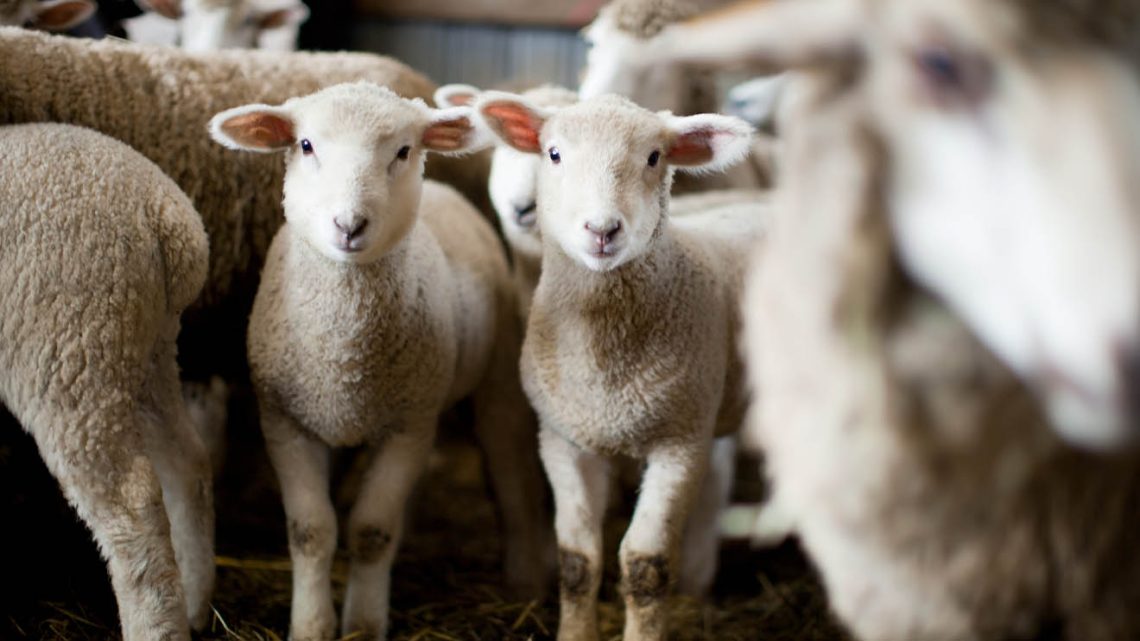Sheep farming has been an age-old practice, deeply woven into the fabric of agriculture across cultures. However, with the benefits of this practice come the challenges of protecting the flock from predators. Livestock guardians have emerged as invaluable assets in ensuring the safety and well-being of these herds. These four-legged protectors not only safeguard the دام زنده شیپ نوین but also serve as an intriguing example of symbiotic relationships in the agricultural world.
Understanding the Role of Livestock Guardians
Livestock guardians are specifically bred and trained animals whose primary purpose is to protect livestock, particularly sheep, from predators. The most common guardians are dogs, although llamas and donkeys are also known to assume this role. These animals integrate seamlessly into the herd, establishing a bond that allows them to identify threats and respond swiftly, often deterring predators by their mere presence.
The Canine Guardians: Man’s Best Protector
Among the various guardians, livestock guardian dogs (LGDs) stand out for their exceptional skills and loyalty. Breeds such as Anatolian Shepherds, Great Pyrenees, Maremmas, and Akbash Dogs have gained recognition for their prowess in protecting flocks. Their innate instincts, honed through generations of selective breeding, equip them with a natural aptitude for guarding.
Building Trust and Bonding
Training and socialization play crucial roles in shaping an effective guardian. These dogs are raised among the sheep from a young age, fostering a sense of familiarity and camaraderie. They learn to distinguish between normal behavior and potential threats, responding to the latter with vigilance and determination.
The Guardian’s Tactics
Livestock guardians employ a range of tactics to ward off predators. Their mere presence acts as a deterrent, dissuading predators from approaching the flock. Additionally, their territorial instincts prompt them to patrol the perimeter, marking their territory and intimidating potential threats. In confrontations, they display remarkable bravery, often engaging in loud barking or physical confrontation to protect the sheep.
Benefits Beyond Protection
The role of livestock guardians transcends mere protection. Their presence minimizes stress among the flock, fostering a calmer environment that positively impacts the overall well-being of the sheep. Moreover, their effectiveness in deterring predators mitigates the need for lethal control measures, promoting a more eco-friendly and humane approach to farming.
Challenges and Responsibilities
While livestock guardians are adept protectors, their integration into a farming system requires commitment and understanding from the farmers. Proper care, regular health check-ups, and adequate living conditions are essential for maintaining their efficiency. Additionally, farmers must invest time in understanding the specific needs and behaviors of their guardian animals to ensure a harmonious working relationship.
Conclusion
Livestock guardians stand as remarkable examples of the profound synergy between humans and animals in agriculture. Their role extends far beyond protection, encompassing companionship, environmental conservation, and sustainable farming practices.





